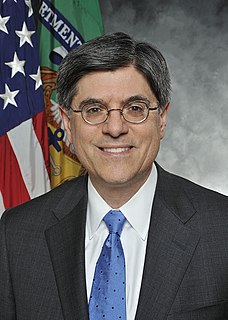A Quote by Lou Krieger
Figure out what your opponent wants you to do and try to do the opposite.
Related Quotes
When you go out on the court whether it be for the championship or just a scrimmage, have confidence that your abilities and what you've learned in your drills are better than your opponent's. This does not mean you should disregard your opponent. Before taking the court for any game, you should do a lot of thinking about what you have to do to beat your opponent and what he must or can do to beat you.
Sometimes it's not catastrophic. Sometimes you only come to the bottom of your coffee cup. Sometimes you have a good day. No one wants to know. No one wants to tell you about theirs either. You might somehow take it. Turn it against them. See the flaw. You always tell them the whole thing sucks. It keeps you alive. They figure if you're out there having a rotten time, everything's fine and you're doing your part. No one will ever try to take your bad times away from you but they'll come swarming for your happiness.
Leaders, your God-given job is not merely to preside over something, not to pontificate to your underlings how smart you are, not merely to preserve something from its gradual demise; it's to figure out what God wants to get done in this world, figure out what role you play in that, and then to move something or someone from here to there.
When I make films I'm very intuitive; I'm instinctive. When you are shooting there's little time to think about abstract ideas, it's about getting things done, getting them right, and trying to channel the energies and get the best of whatever you have on your set. It's only once the film is finished that it's like, "Okay, let's try to figure out what happened." Try to figure out exactly what I did.
I'm not necessarily less gratified by films where you're given less room to maneuve. Because I love a great script, and I love to respect it, and I love to try to give a director what he needs and wants, especially having directed now. [Laughs.] I'm much more open to try to give him what he wants and figure it out. I like working with directors I respect and admire, obviously. And everybody has their own way.






































